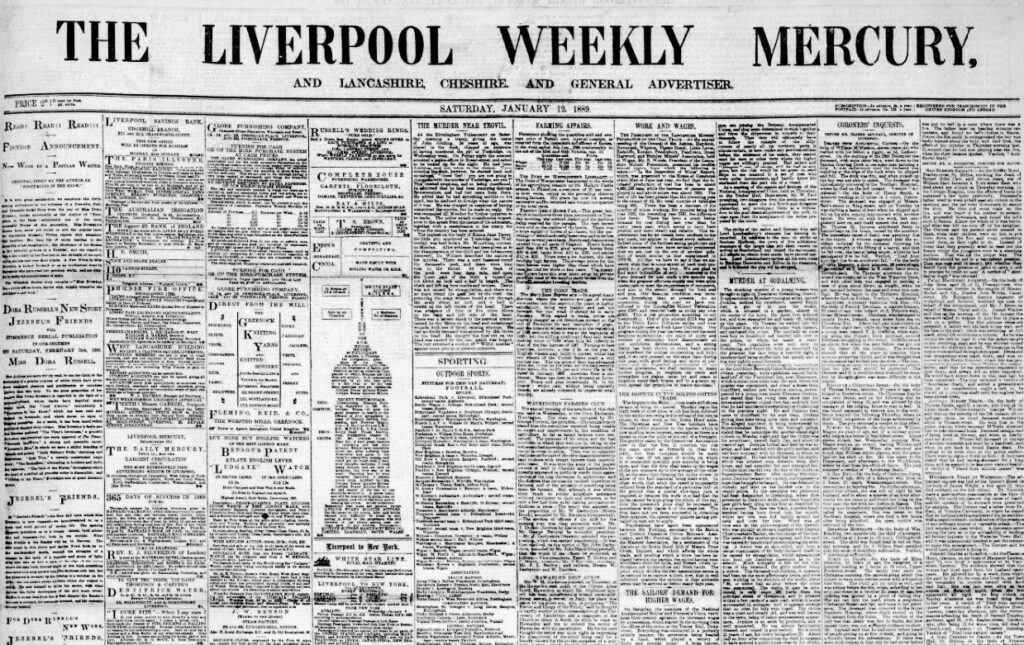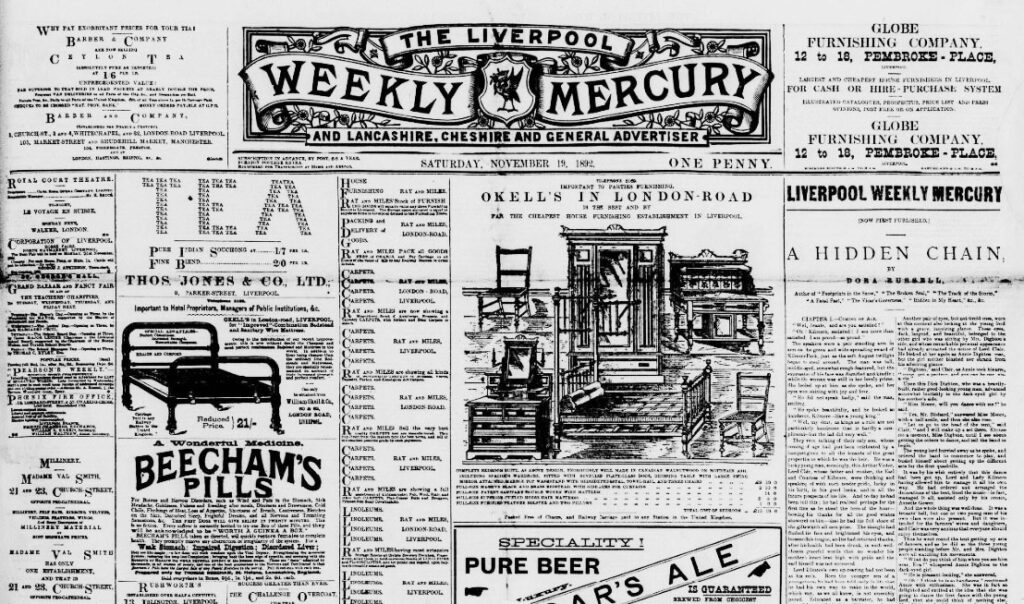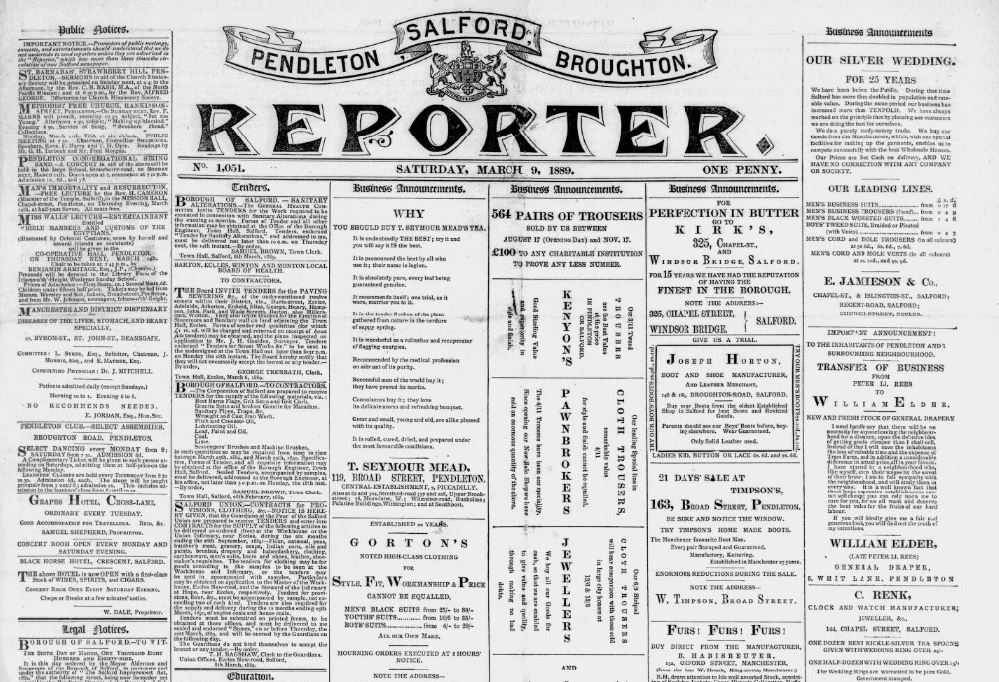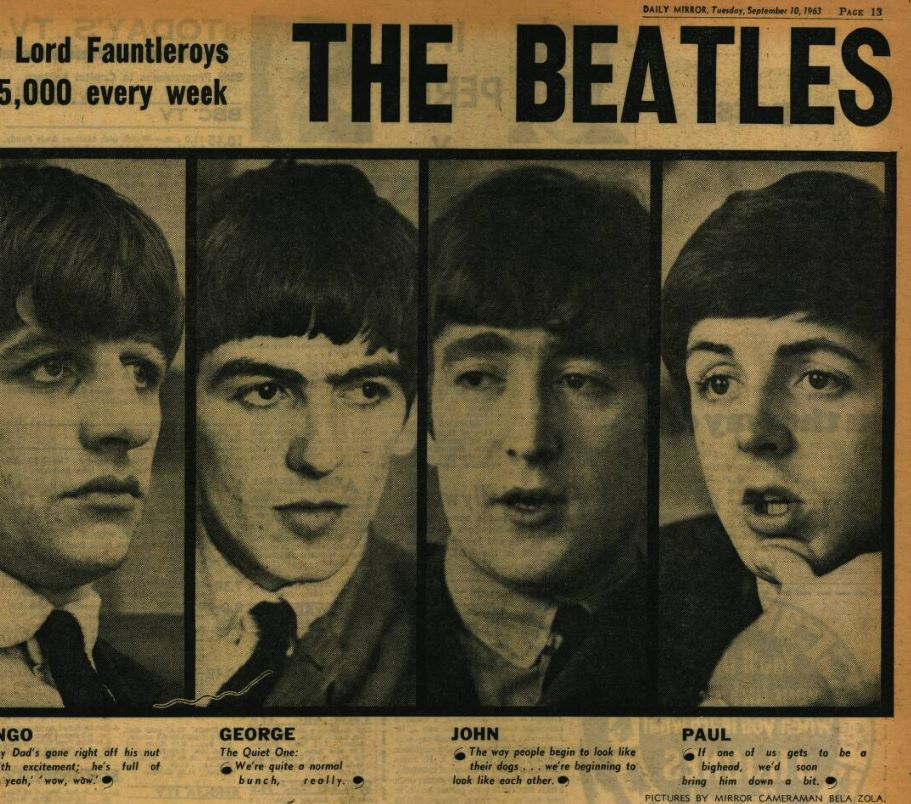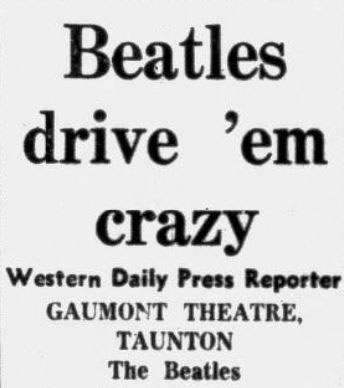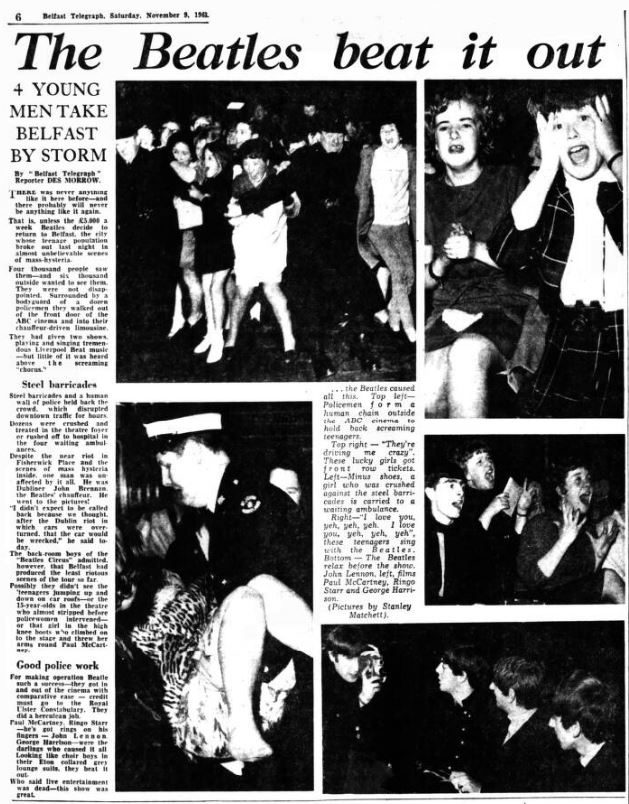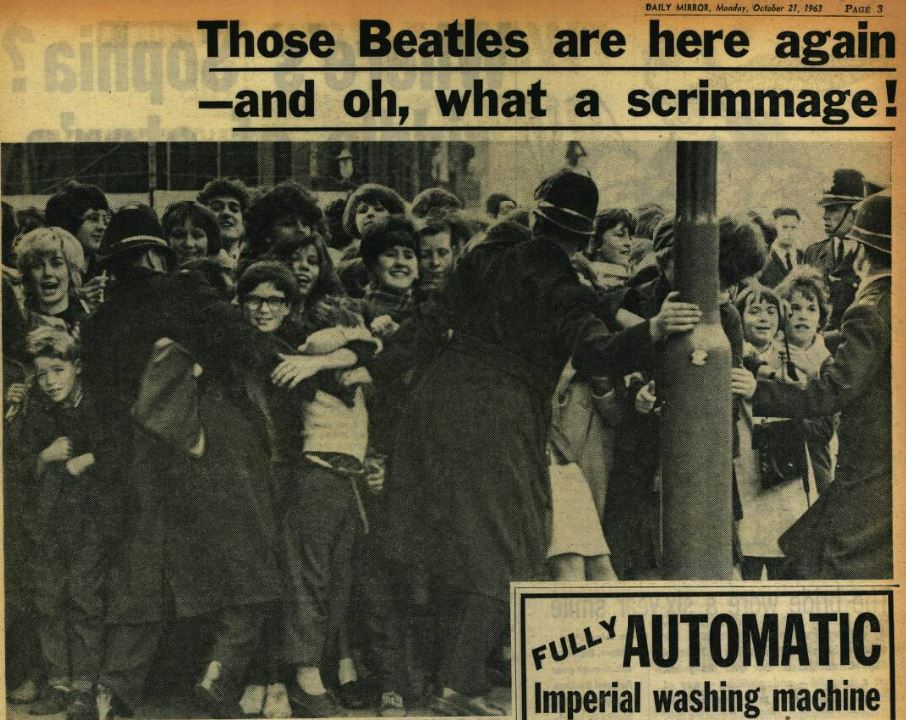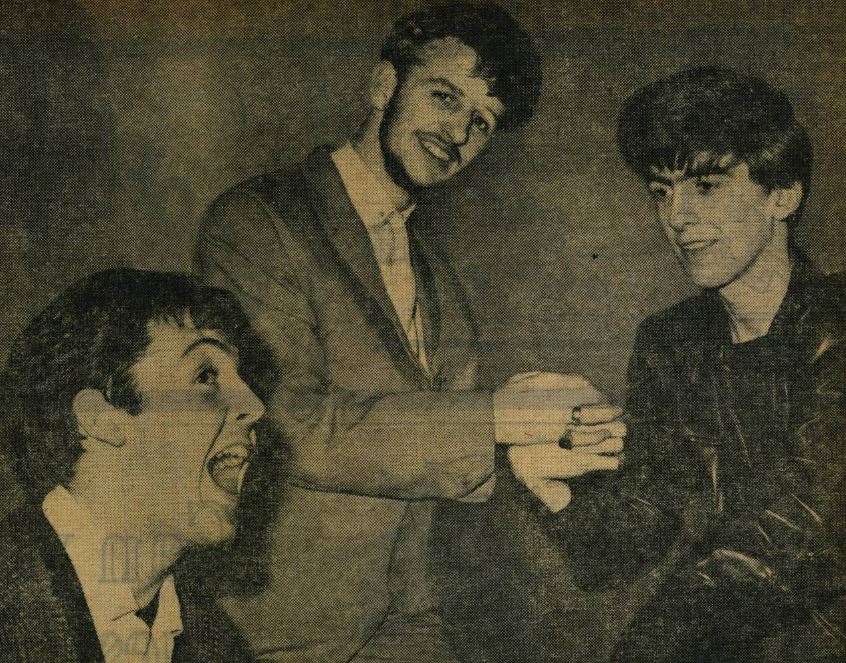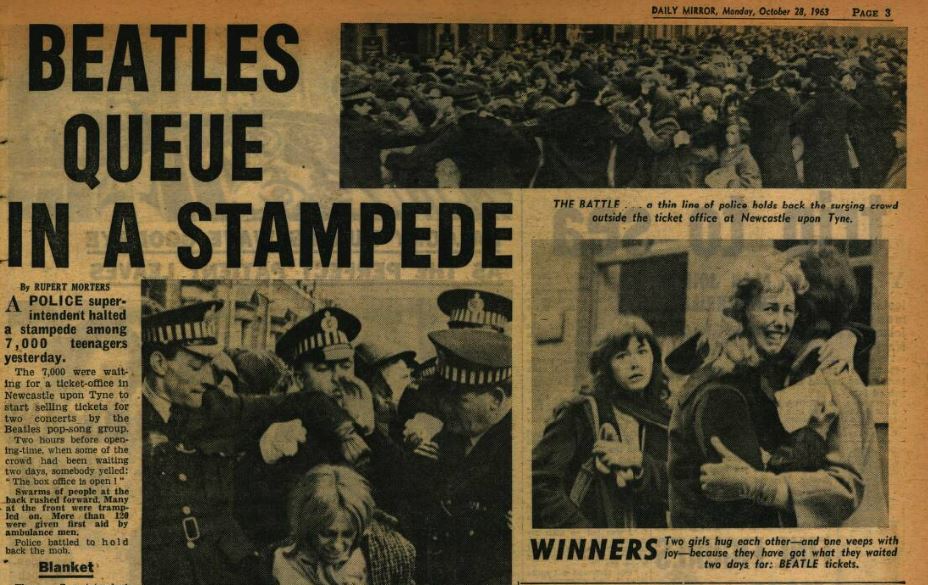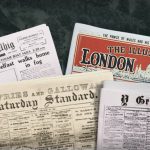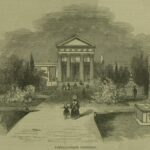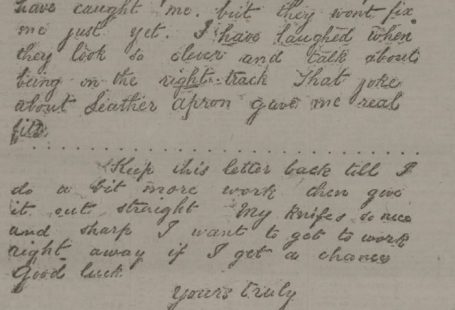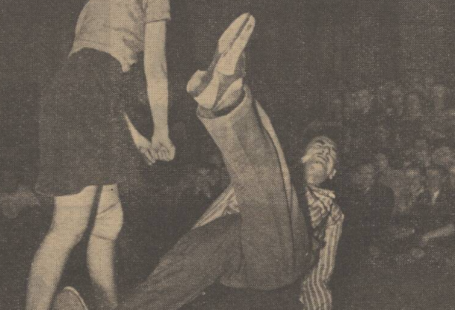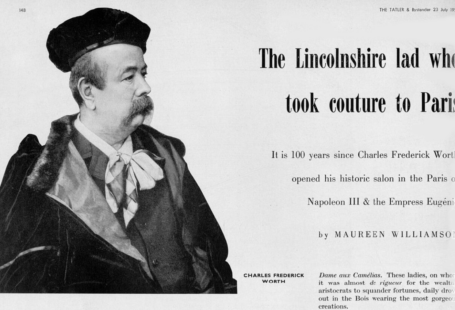This week at The Archive we are treating you to two new newspapers from the North West, as we have added 189,566 brand new pages to our collection over the last seven days. Meanwhile, from Coventry to Croydon, from Leicester to Liverpool, from Westminster to Widnes, we have updated 28 of our existing titles from across the United Kingdom.
So read on to find out more about our new North West duo of newspapers, as well as to discover which of our 28 existing titles have been updated. This week, we’ll also be looking at one of the North West of England’s most famous exports – The Beatles – as this year marks 60 years since their debut album Please Please Me was released, and Beatlemania began to sweep Britain and the rest of the world.
Register now and explore the Archive
And we begin our look at our duo of new newspapers from the North West with the Liverpool Weekly Mercury, which was the weekly edition of the Liverpool Mercury. The historic Liverpool Mercury was founded in 1811 and was published on a weekly basis for nearly fifty years, but in 1858 it shifted to a daily publication pattern. It was in 1885 that the Liverpool Weekly Mercury was founded, and by the end of the 1880s, it claimed to be the ‘Largest Weekly Paper issued from Liverpool.’
Published every Saturday, the Liverpool Weekly Mercury filled eight pages, and circulated ‘throughout Lancashire, Cheshire, North Staffordshire, Shropshire, West Riding of Yorkshire, North and South Wales, Cumberland, Westmorland, and the North.’ Due to the ‘completeness of its Shipping Lists, and Summaries of News,’ the title was known to also ‘circulate in all parts of the world.’
Priced at two pence, readers of the Liverpool Weekly Mercury truly received their money’s worth. The newspaper featured ten columns per page, meaning that the publication was bursting with news, from Liverpool and beyond. Local Liverpool news featured a look at council meetings, the County Magistrate’s Court, the Liverpool and Bootle Police Courts, and coroner’s inquests, whilst also reporting the news from Chester, North Wales and elsewhere in Lancashire.
Meanwhile, the Liverpool Weekly Mercury contained national and ‘Foreign News,’ and special interest features, such as a science column, a ‘Woman’s Letter,’ a look at ‘work and wages,’ and also an astronomy section. Furthermore, sitting alongside notices of births, marriages and deaths, you could find serialised fiction, as well as ‘correspondence’ from London.
Finally, the Liverpool Weekly Mercury was known for its shipping and commercial reporting. It detailed, for example, shipping disasters, as well as containing full lists of the shipping arrivals and departures at Liverpool. The newspaper also reported on the London Stock Exchange, the Liverpool cotton markets, and the Liverpool corn markets.
The Liverpool Weekly Mercury last appeared in 1904, when it was merged with rival title the Liverpool Daily Post.
The second of our new newspapers from the North West is the Salford City Reporter, which was established in 1879 as the Pendleton, Salford and Broughton Reporter. Printed in the Lancashire industrial town of Pendleton, the Salford City Reporter filled eight pages and cost one penny, and appeared every Saturday.
Dubbing itself as ‘the leading newspaper for Salford, Pendleton, and Broughton’ in the late 1880s, when the area had a population of 200,000 people, the Salford City Reporter claimed to have ‘far more advertisements than any other newspaper printed or published in the district.’ As well as claiming to be the district’s ‘largest newspaper,’ another unique selling point of the title was its neutrality. Indeed, its ‘neutrality in politics and religion’ made the Salford City Reporter popular ‘among all classes.’
Circulating additionally in Weaste, Eccles, Prestwich and Hulme, the Salford City Reporter was a ‘full sized family newspaper,’ which reported on ‘matters of local and general interest.’ Such items of local interest included features on the Broughton Highway Committee, and the local hospitals and police courts, as well as a look at the Barton Board of Guardians, and thorough reporting from Salford Town Council.
Sitting alongside such local reporting were articles on football, and notices of deaths in the area, but the newspaper’s main preoccupation was with storytelling. Indeed, the Salford City Reporter featured a range of different serialised stories in each edition, with ghost stories being a particular favourite.
That’s it from our duo of new newspapers from the North West, but we have a host of existing titles to which we have added new pages this week. And it’s from the North West to the South West that we go, with significant updates joining both Bristol’s Western Daily Press and the Bristol Evening Post. We also see this week over 40,000 brand new pages joining the Welsh edition of the Liverpool Daily Post, whilst fellow Welsh titles the South Wales Echo and the Gwent Gazette have also been updated over the last seven days.
Another update of note are the over 10,000 brand new pages we have added to the Leicester Journal, which span nearly one hundred years from 1762 to 1850. We’ve not neglected our Scottish titles either this week, with new pages joining both the Wishaw Press and Airdrie & Coatbridge Advertiser.
60 Years Since Please Please Me and the Birth of Beatlemania
This year marks 60 years since The Beatles’ released their debut album Please Please Me, which was released on 22 March 1963. With the huge success that followed in the wake of the album, and band’s phenomenal appeal, Beatlemania began to sweep across not only Britain, but the rest of the world.
This is evidenced in the new pages that have been added to the Western Daily Press, which describe how Beatlemania hit the South West of the country in 1963. A reporter for the newspaper describes a concert given by the group at the Gaumont Theatre in Taunton in September 1963, following the release of their new single She Loves You.
The article describes how ‘Taunton’s teenagers went mad last night about The Beatles,’ with one girl actually managing to get on stage with her idols during their performance:
One girl who managed to find her way backstage, dashed on to the stage while the group was playing and jived around for a few moments, laying cards at the feet of one of the guitarists. The curtain was pulled across to mask two backstage men who grabbed her. Then she fell in an unladylike heap on the side of the stage and was dragged clear.
Meanwhile, other fans threw ‘letters and presents at The Beatles,’ with two girls running up to the stage and throwing ‘a large floppy-eared soft toy at the group.’
The build up to The Beatles’ performance had been electric. Four bands performed prior to the main act, the ‘tension’ gathering. Finally, ‘with deafening screams, The Beatles themselves let forth all the might of their amplified sound,’ with the ‘Fab Four’ having ‘the whole audience swinging from the word go.’
But how was the group’s debut album received, some six months prior to this performance in Taunton? On 23 March 1963 ‘Disker’ for the Liverpool Echo, the band’s hometown paper, reviewed the fourteen track debut Please Please Me. Disker observes how it was obvious that ‘the four boys had a ball at their L.P. session,’ adding how ‘their rhythmic drive is splendidly forceful and their precision-built vocal arrangements make most of this country’s other vocal groups sound pitifully tame.’
Disker describes how the album is ‘packed with listening highlights,’ but marks out the ‘final electrifying climax’ of Twist ‘n Shout. An interesting bit of Beatles trivia is revealed here; Disker relays how John Lennon told him how the song was ‘too strenuous to perform every night,’ and when they did perform it, it had to be at the end of the set.
And in every interest of neutrality, and to avoid being viewed as partisan, Disker reveals how he had ‘racked [his] brains to recall any other vocal outfit – British or American – capable of producing such full-blooded, hard-hitting L.P. entertainment in the style of The Beatles.’ After listening to approximately twenty different new albums every month for the last ten years, he was at a loss, penning how he ‘remained convinced that The Beatles have hit the ’63 pop scene with a brand of musical excitement which is unique.’
Trace the rise of The Beatles and Beatlemania through our newspapers today.
New Titles
| Title | Years Added |
| Liverpool Weekly Mercury | 1889, 1892 |
| Salford City Reporter | 1889 |
Updated Titles
This week we have updated 28 of our existing titles.
You can learn more about each of the titles we add to every week by clicking on their names. On each paper’s title page, you can read a FREE sample issue, learn more about our current holdings, and our plans for digitisation.
| Title | Years Added |
| Airdrie & Coatbridge Advertiser | 1994 |
| Axholme Herald | 1996, 1999 |
| Bristol Evening Post | 1999 |
| Chatham Standard | 1960 |
| Coventry Evening Telegraph | 1988 |
| Croydon Advertiser and East Surrey Reporter | 1982 |
| Eastern Mercury | 1889 |
| Finsbury Weekly News and Chronicle | 1909 |
| Gwent Gazette | 1987 |
| Holderness Advertiser | 1999 |
| Hounslow & Chiswick Informer | 1979, 1982 |
| Leicester Journal | 1762-1778, 1780-1782, 1786-1804, 1809, 1819-1827, 1837, 1842, 1850 |
| Liverpool Daily Post (Welsh Edition) | 1966-1967, 1969-1970, 1972-1977 |
| Nantwich Chronicle | 1982 |
| Ormskirk Advertiser | 1985 |
| Richmond Informer | 1992 |
| Ruislip & Northwood Gazette | 1995 |
| Salford Advertiser | 1999 |
| Sevenoaks Focus | 1988 |
| South Wales Echo | 1991 |
| Surrey Mirror | 1998 |
| Walton & Weybridge Leader | 1994 |
| West Hull Advertiser | 1998 |
| Western Daily Press | 1963-1964, 1966-1969, 1974-1975, 1984 |
| Westminster & Pimlico News | 1988 |
| Widnes Weekly News and District Reporter | 1899 |
| Winsford Chronicle | 1968-1970, 1991 |
| Wishaw Press | 1994 |
You can keep up to date with all the latest additions by visiting the recently added page. You can even look ahead to see what we’re going to add tomorrow.


